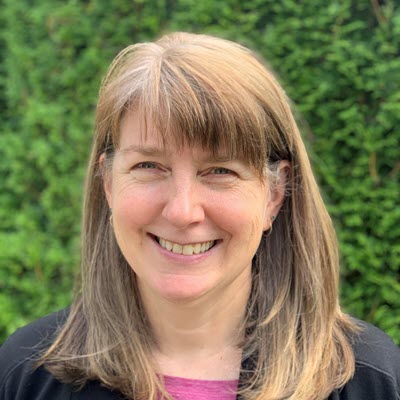
Research Interests
Chromatin, Chromosomes: Structure / Organization, Gene Regulation and Expression, Histone Modification, Molecular Biology, Protein structure and function, Yeast Genetics
Research Focus Teams
Aging, Cancer
Departments
Biochemistry & Molecular Biology
Contact
Email: ljhowe@mail.ubc.ca
Office Phone: phone: 604–822–6297
Publications
Lab Website
BSc, University of Victoria, 1992
PhD, University of Victoria, 1998
CIHR Post-Doctoral Fellow, Pennsylvania State University, 1998-2003
2006 CIHR New Investigator Award
2004 Michael Smith Foundation for Health Research Scholar Award
In multicellular organisms, the unique transcriptional program executed by each cell determines cellular identity. Indeed aberrant gene expression is a causal factor in many common human diseases, including cancer. While the availability of appropriate transcriptional activators or repressors determines whether a gene is transcribed, alteration of chromatin structure plays an important role in maintaining gene expression states. Chromatin is a nucleoprotein structure, consisting of DNA, histones, and non-histone proteins, which packages DNA in the eukaryotic nucleus. Our research focuses on multi-protein complexes which post-translationally modify histones. We are interested in determining how these complexes are targeted to specific regions of the genome, and the functional consequences of this targeting. Our research uses a combination of molecular biology and bioinformatics to study the roles played by histone chaperones, histone variants, and histone post-translational modifications in preserving active gene expression patterns. We are currently using the yeast, S. cerevisiae, as a model organism due to the ease of genetic manipulation of this organism, and the fact that all of the components in the paths under study are conserved from yeast to human.
Fore more information, visit https://meg.lsi.ubc.ca/current-membership/dr-leann-howe/dr-leann-howe-research/